|
|
|
Since the start of summer I have the opportunity to work with a myriad of teachers and schools as they prepare for the the inevitable chaos of developing new and meaningful systems/schools in the context of the even changing COVID-19 Pandemic landscape.
Rather than focus on technology, I have been stressing pedagogical structures and cycles to help inform the lesson planning process in a way that can transcend whatever "blended" or "distance" or "hybrid" learning approach school leadership decides. Myself and my colleagues are deep in this process of our own reflection as well. I am true believer in inquiry and delaying direct instruction long enough to build student desire for information. This method, in my mind, transcends discipline, and is a solid pedagogy that technology can then be added to as a strategic partner to empower learning. There are many structures and systems in place that help teachers visualize inquiry and lesson plan accordingly. The 5E Learning Cycle, and its coincidental overlap with the Hero's Journey are two that I share often. Last week, a different structure resonated with the teacher's I was collaborating with. In this new model Bloom's Taxonomy is used as the central focus of the learning cycle. In this model, teachers begin their planning cycle at the top of the Bloom's level challenging students to complete tasks in creative tasks that require evaluation and analysis with little background knowledge. Once student questions surface, and help is needed/requested information to promote understanding and remembering is relayed in the form of direction instruction. Once new knowledge is in hand, students then travel back up applying assimilated information, evaluating new scenarios, and producing new creations. To quote a teacher in yesterday's workshop: I really like the 'Bloom's Walk Around' planning model because it addresses both the 'type' of task (Bloom's) and how difficult the task is (Depth of Knowledge). We start planning with simpler, higher Bloom's tasks, then once we turn the corner, we transfer basic content to student to fill in gaps in knowledge. We then climb back up, planning tasks become more difficult in nature. This model incorporates inquiry, but also type, and depth of learning. See the image below for visual of "Bloom's Walk Around" model and click here for downloadable drawing: Since concluding emergency/triage distance learning during the COVID-19 pandemic, I have spent the first two weeks of the summer facilitating online professional development for various schools and districts as they prepare for the inevitable integration of some form of distance learning in the fall.
In preparation for keynote presentations and breakout sessions, I forced myself to create a simplified model of the online teaching structure that I implemented in my own classes. Click here, and see the screenshot below, for the model that I ended up with after weeks of iteration per student feedback over 10 weeks of online teaching. Click here for a variation of the model that includes links to sample lessons that fit within each phase represented in the model. Click here or here if your school is interested in collaborating around professional development in preparation for the upcoming fall semester. Click here if you are are interested in collaborating in a personalized 1-on-1 fashion.
In her lecture, The Hungry Mind: Origins of Curiosity, Susan Engel of Williams College beautifully explains the benefits of curiosity not only on student motivation, but learning. See Engel's talk below:
Corroborating Engel's conclusions, Min Jeung Kang and his team at Caltech concluded via fMRI, in an article titled The Hunger for Knowledge: Neural Correlates of Curiosity, that when an individual is curious, they are able to negotiate complexity in the content domain they are learning, as well as unrelated content domains! Perhaps it is the Biology teacher in me, however I do not think it is a reach to say that Kang's observations can be extrapolated to a Darwinian hypothesis. That is to say, increased curiosity = amplified awareness = survival fitness. After reflecting on Engel's video and Kang's research, I slipped into a nerdy state of reflection regarding the relationship between curiosity, health, survival, etc. I have always been a very curious person (to a fault at times...), and was immediately "curious" about any direct experiences with the relationship between curiosity and "fitness" to survive. After reflecting, it was clear that my current obsession with curiosity isn't by accident. Without exaggerating, my curiosity has indeed saved my life. Below is a workflow of thoughts that emerged from this reflection. TMI warning: 1998
"Show Your Work!" by Austin Kleon was a very important book for me as an educator. Albeit short, and a bit polarizing, the book reminded me that it sharing the process of my work, not just products, and encouraging my students to do the same, can be a very powerful process if curated strategically.
Not all work is worth sharing, however an attitude of curating the journey towards a final product can yield excellent feedback and subsequently empower one's learning community. Keeping this in mind, I have decided to take Kleon's call to action a step beyond simple tweeting, blogging, and encouraging my students to keep blogs. This coming year, I will be doing ALL OF MY LESSON PLANNING (classroom teaching AND science camps) on my public website: cyclesoflearning.com. Thus, my website will serve as our classroom LMS, and be an interactive space for all lesson prompts, links, documents ,etc. (Click here to be directed to specific sub page where lessons will be kept). I am hopeful that this approach will not only share work I find effective with other colleagues, but also force me to organizes my work for students in a more user friendly fashion. |
Categories
All
Archives
February 2024
|
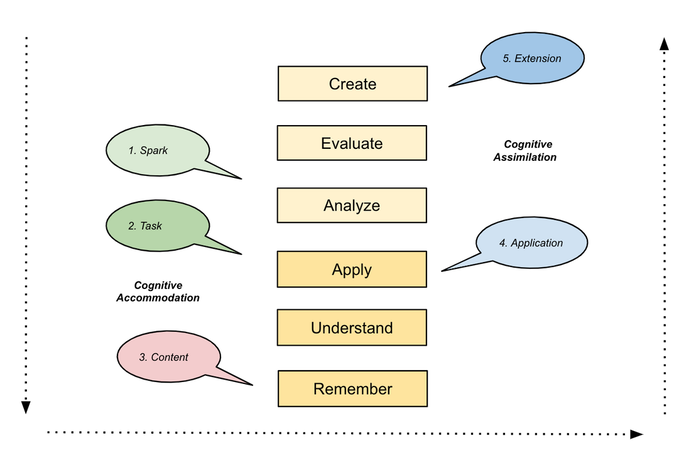
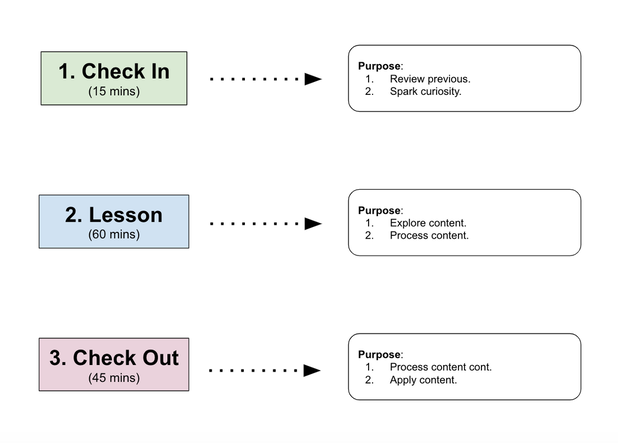
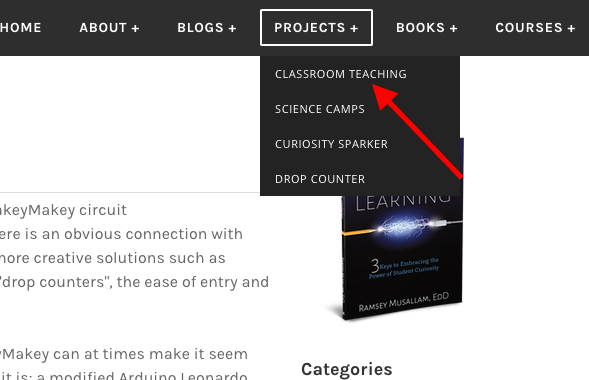
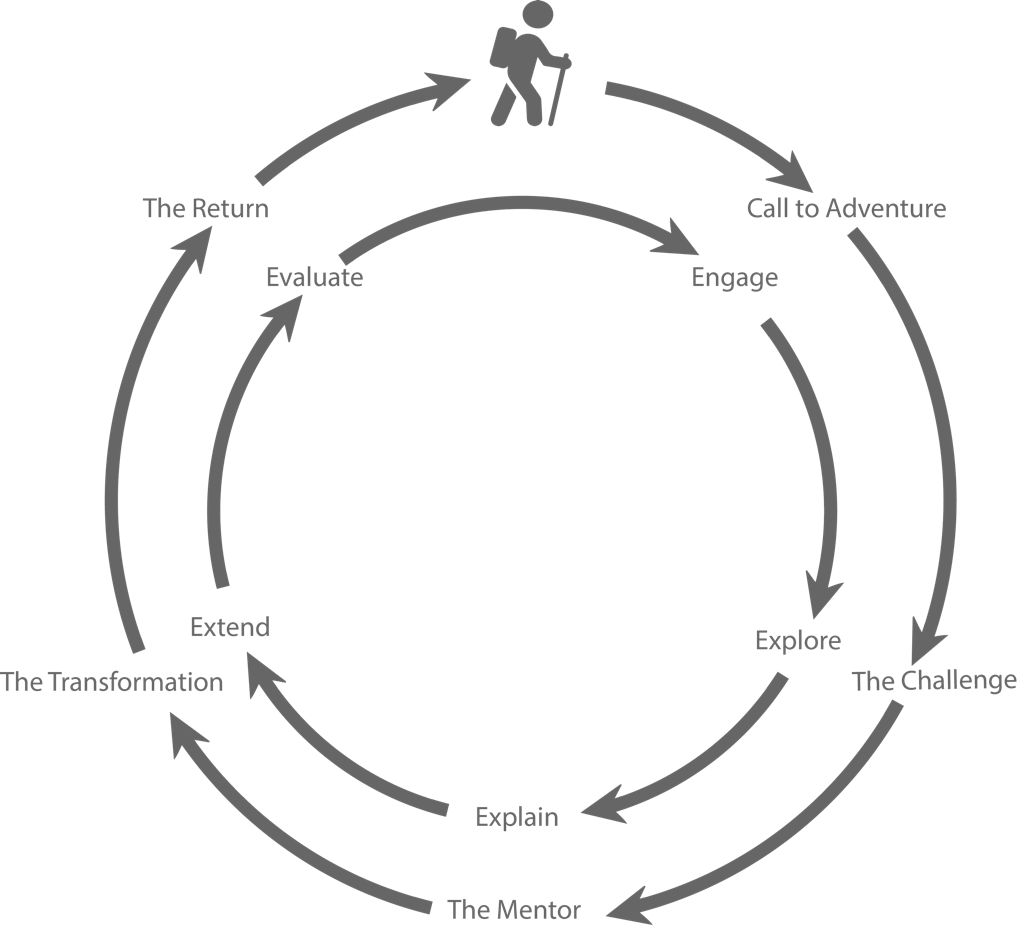
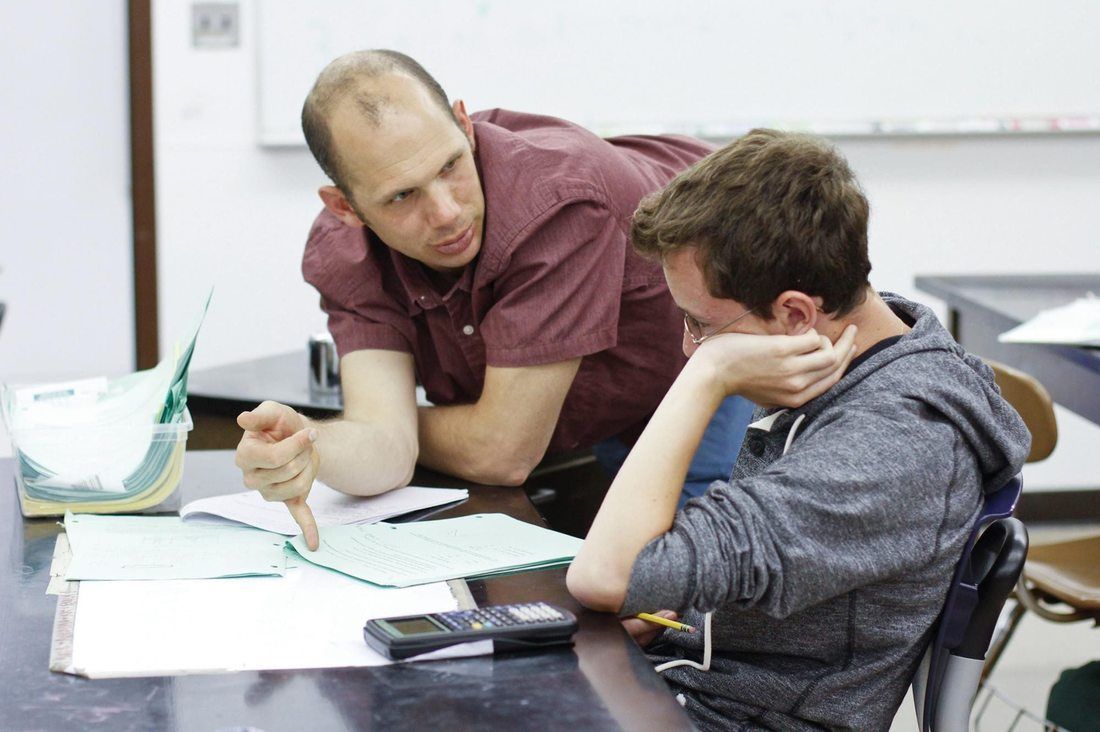
 RSS Feed
RSS Feed